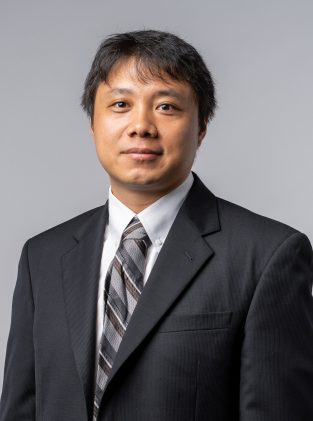In 2023, GatorTron spawned a new iteration of itself known as GatorTronGPT, which functions similarly to ChatGPT. The new AI model can generate doctors’ notes so naturally and accurately that physicians cannot distinguish the real summaries from the AI ones. This opens the door to saving health care workers time on paperwork, creating more valuable face-to-face opportunities with patients.
The model was developed by a team of UF researchers led by Yonghui Wu, Ph.D., from the College of Medicine’s Department of Health Outcomes and Biomedical Informatics.
“GatorTron and GatorTronGPT are unique AI models that can power many aspects of medical research and health care,” Wu said when the model debuted. “Yet, they require massive data and extensive computing power to build. We are grateful to have this supercomputer, HiPerGator, from NVIDIA to explore the potential of AI in health care.”
Another GatorTron “child” won the 2023 UF Innovate Invention of the Year Award. This spinoff model ensures that patients have a smoother recovery after surgery. The new, personalized technology helps physicians determine what level of care each post-operative patient will receive, said lead researcher Tyler Loftus, M.D., an acute-care surgeon in the UF Department of Surgery.
“The basic concept is we want to make sure that the patients with the greatest acuity, or illness severity, get the most resources, which usually includes critical care resources and [being in] an intensive care unit,” Loftus explained.
The model accurately identifies if patients have a reduced risk for postoperative complications and can be safely discharged to non-ICU hospital care settings after surgery. This enables facilities to devote more resources to high-risk patients.
The model is currently being put through its paces in research settings; watch for its debut in health care markets. ![]()

Yonghui Wu, Ph.D.

Tyler Loftus, M.D.
